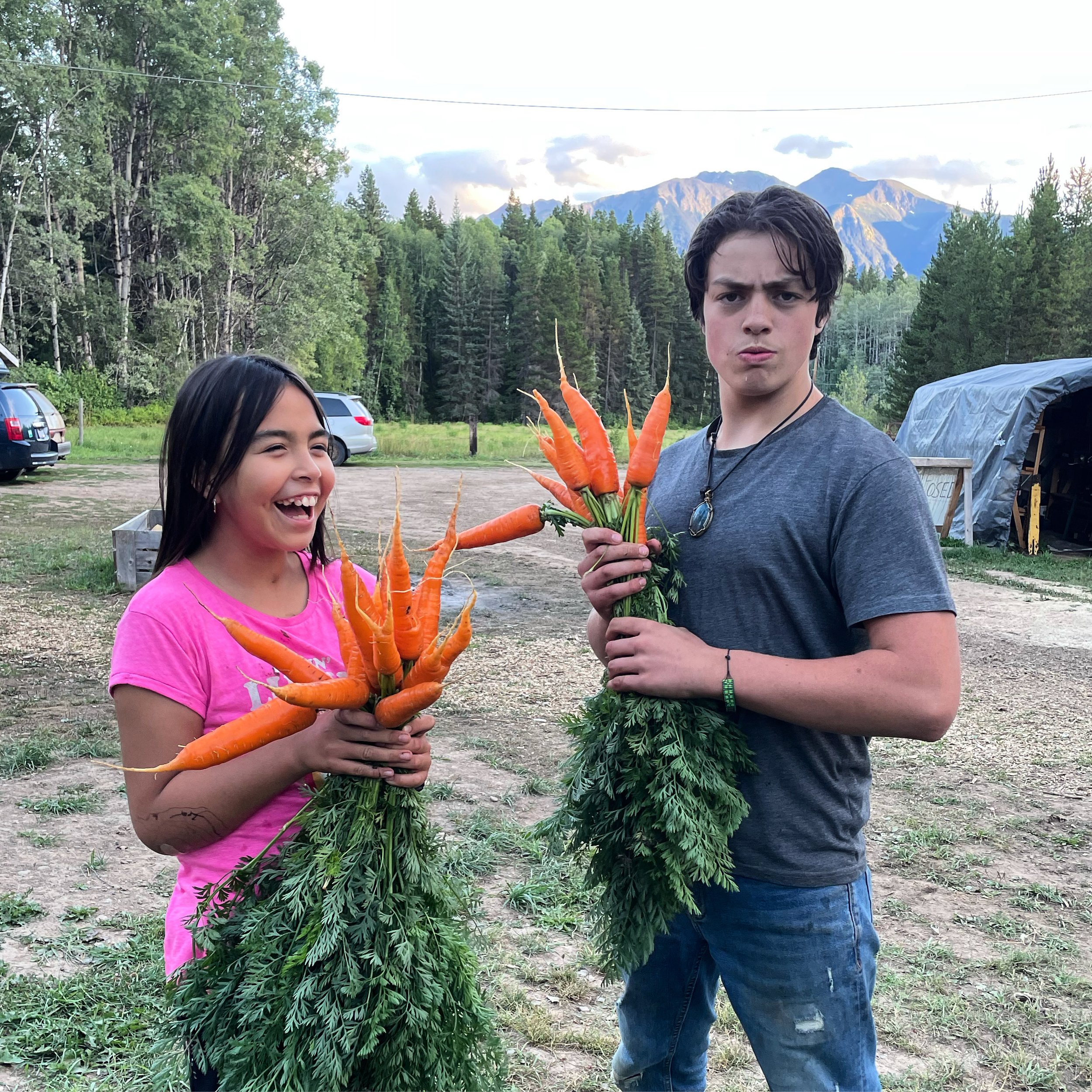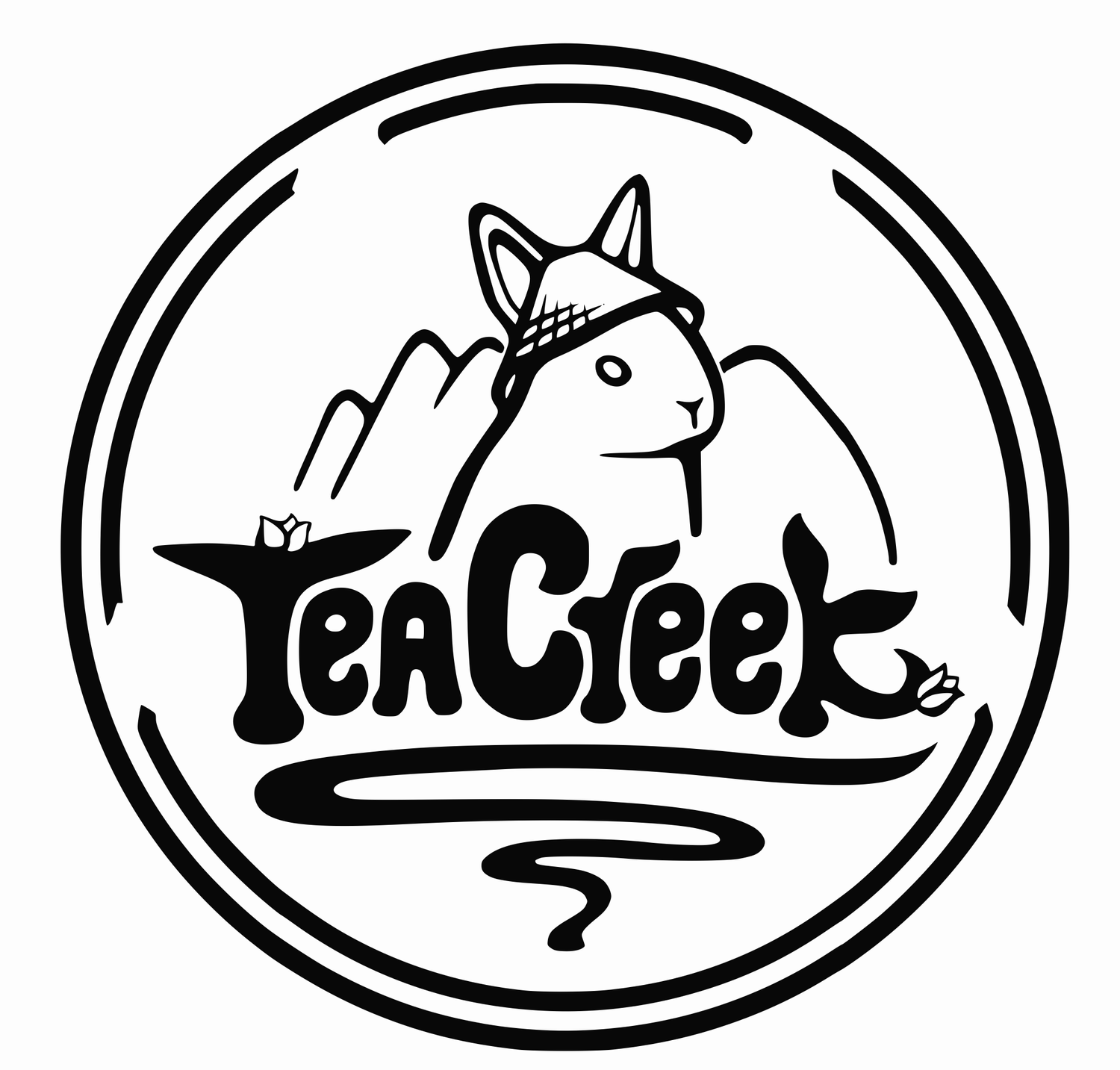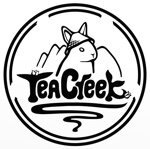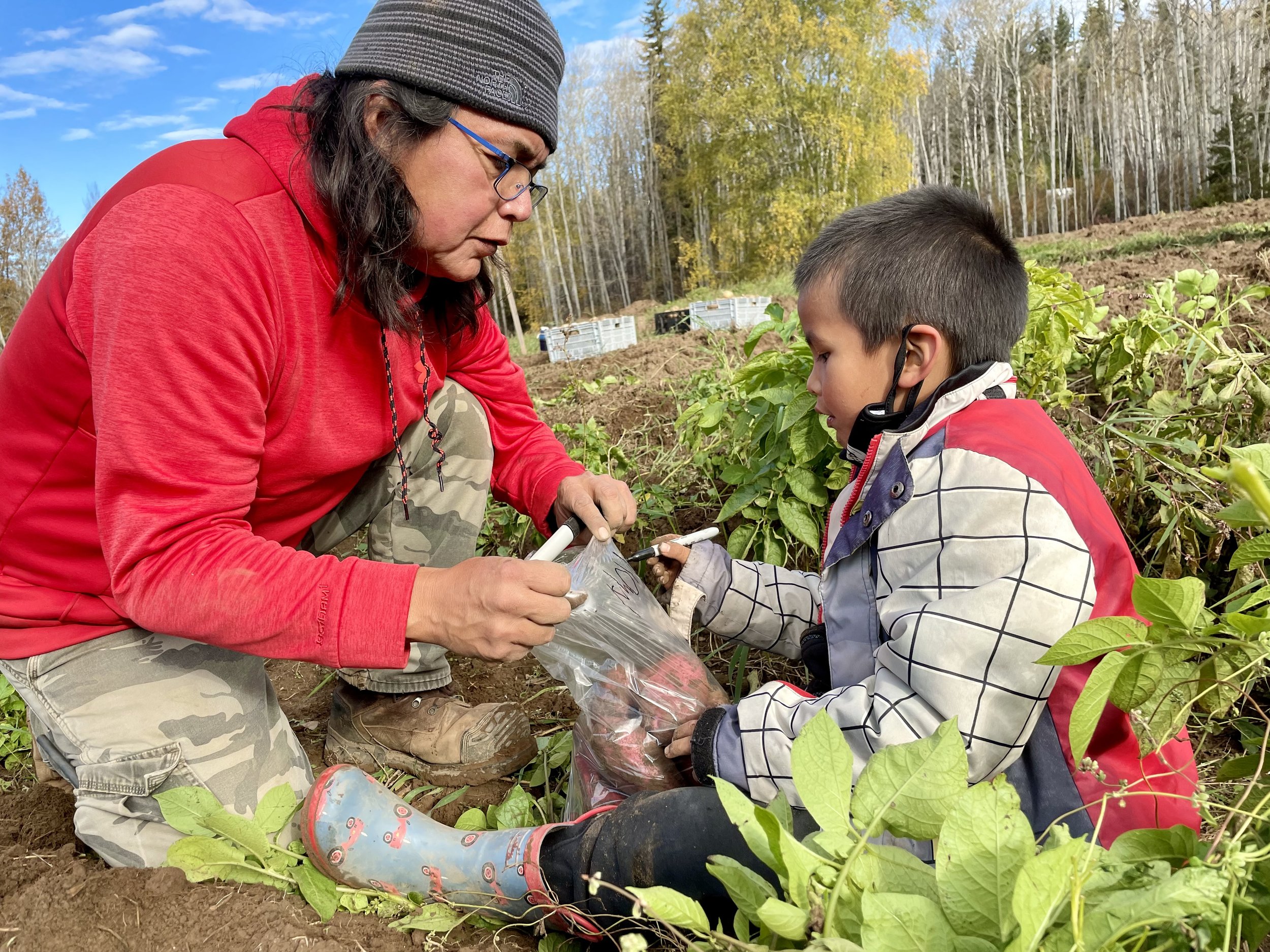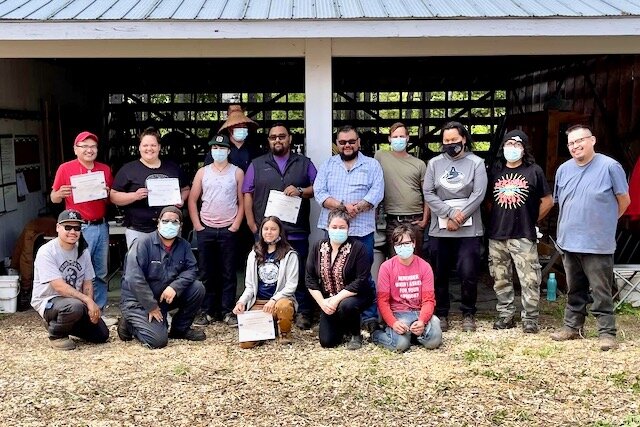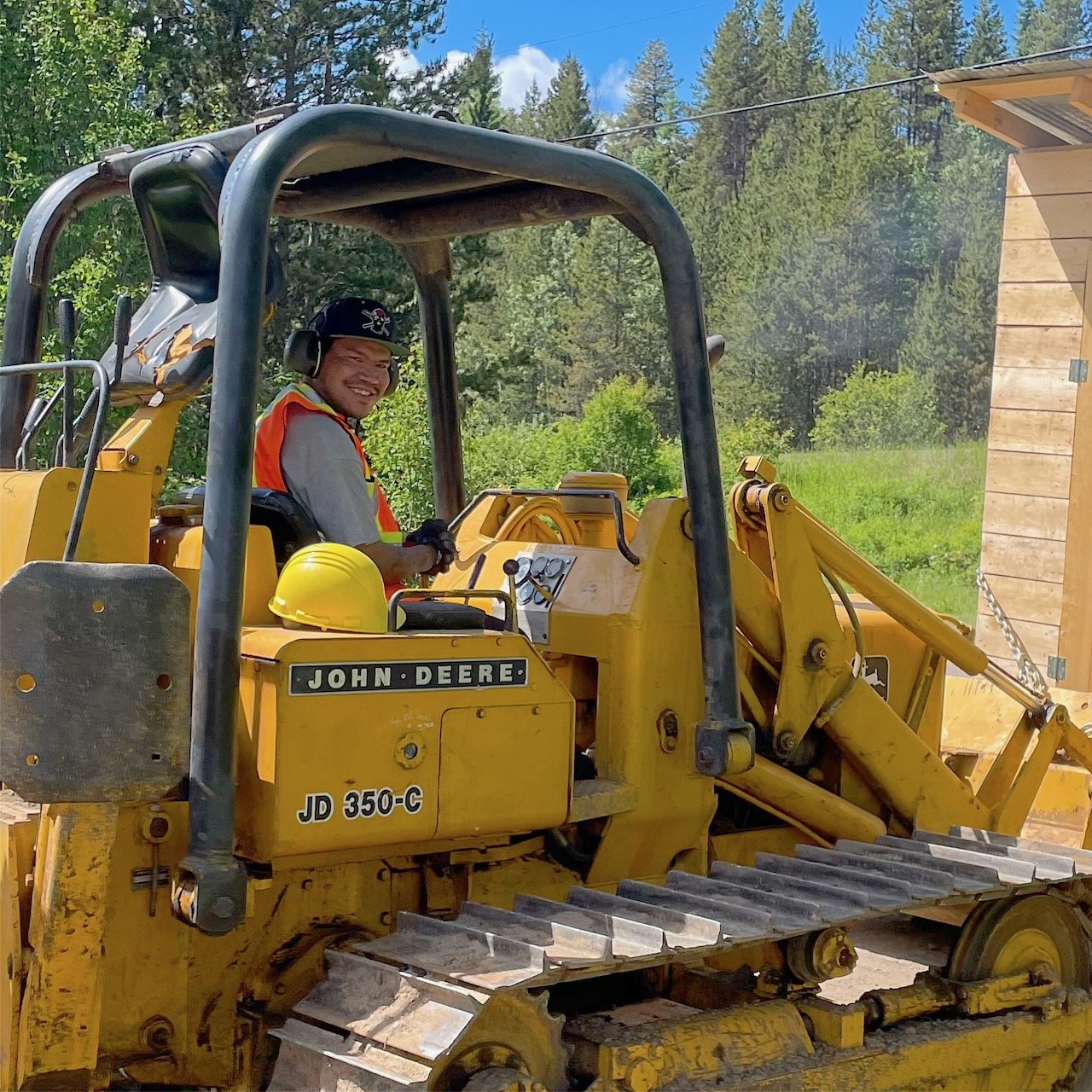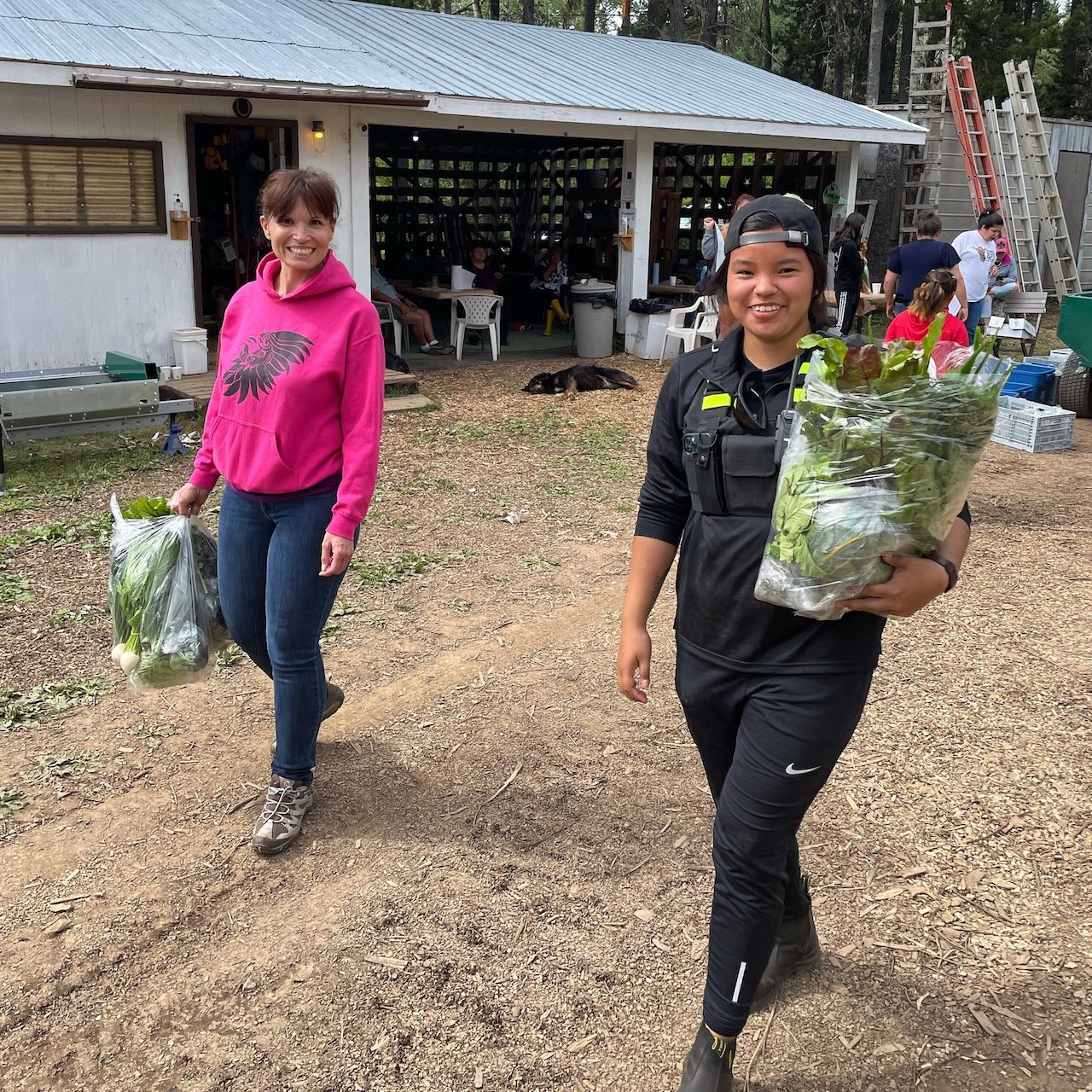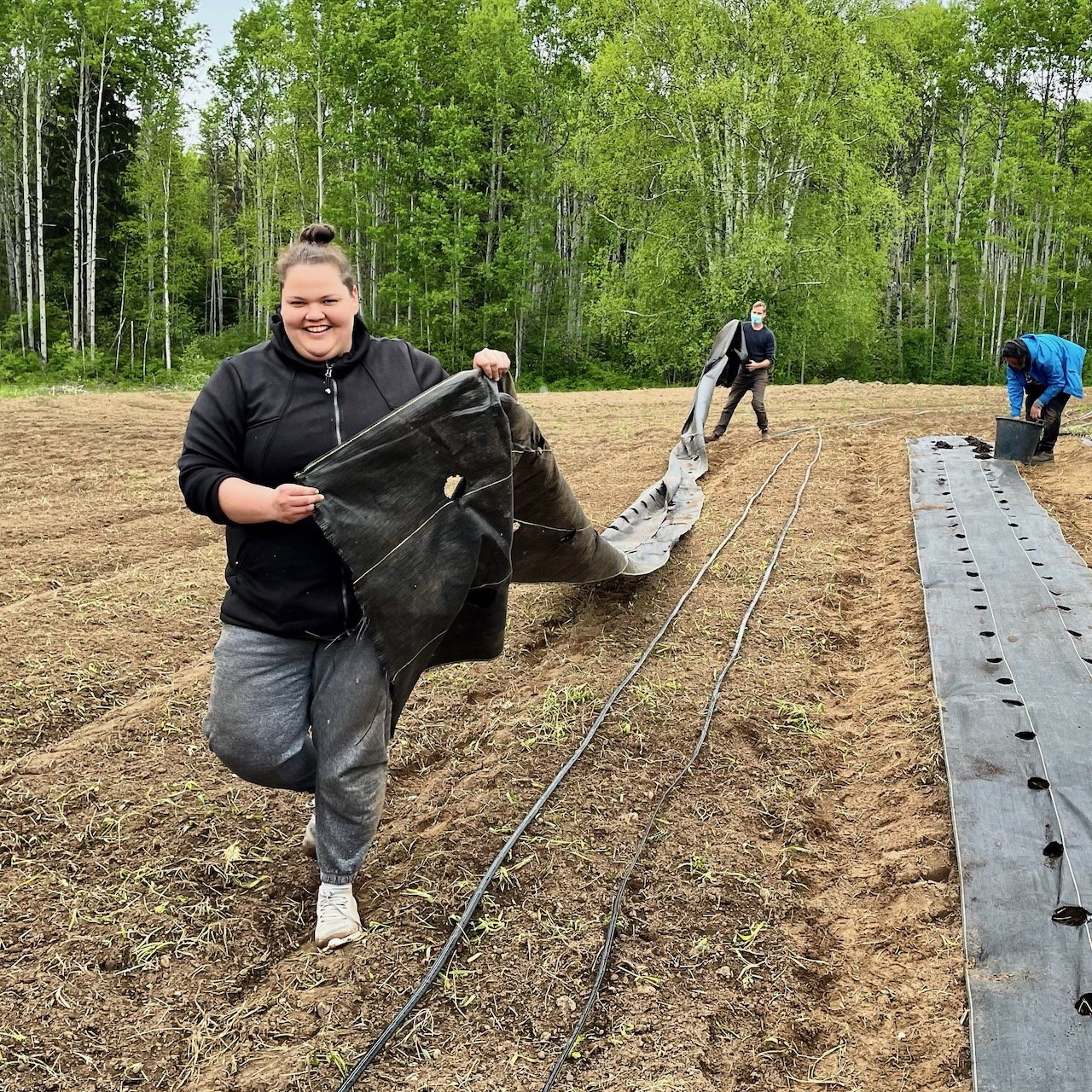
Impact 2021 Report
Tea Creek is an Indigenous-led, culturally-safe, land-based Indigenous food sovereignty and trades training initiative. 2021 was our first full year providing services and delivering results within our Tea Creek Model. We were busier than expected and exceeded our goals. We are already looking forward to next year! If you wish to join us please contact us.
Over 1,000 Indigenous community guests
Tea Creek welcomed Indigenous school classes, elders, parents, families, and anyone who wanted to come and benefit from our programming. We operated as zero-cost of entry, meaning no fees were charged to any of our guests.
Impact: 1,000+ Indigenous people benefitted directly, many more indirectly. One of the most-often reported benefits of site visits was higher confidence, self-esteem, and overall health.
How we know: We operated a guest book for additional guests, and averaged over 100 per month. Tea Creek operated from January - November. In addition we hosted groups for graduations, our land-social, and harvesting. Our best math brought us to about 1,200, but we say “over 1,000” just to be safe.
Over 6,000 meals served - and more
We started by offering hot lunches on site, but within days learned that most coming to our programming had not eaten breakfast, so we added those too. Meals were offered from January - October. When possible local ingredients were used, often straight from Tea Creek and neighbouring supporting farms. In line with our culture, all guests to Tea Creek are offered food.
Impact: Extra groceries and veggies were sent home with participants and guests daily. Everyone was introduced to a variety of healthy food through growing, harvesting, and preparing it.
How we know: We had a constant flow of trainees and participants, guests, and staff from January - November, and offered meals to everyone. Some days we’d have as few as 10 on site, others as many as 20, and up to 50 for events.
150 signed up for employment and training
The Tea Creek Model launched in January 2021 starting with our Indigenous Youth Works program - an employment program for Indigenous youth ages 15 - 30. We followed that up with our Indigenous Food Sovereignty training programs that ran from April - October. Our targets were to engage and sign up 60 Indigenous people total - but we had 150 sign up hoping for employment and training programming.
How we know: We accept sign-ups online and manage everyone who signs up in a database. People can sign up anytime on our website, so the numbers often increase weekly.
33 Graduated from Food Sovereignty Training programs
During our Indigenous Food Sovereignty training, we graduated three cohorts from our four quadrants approach to skills training and mentoring. Trainees gained competencies in a number of areas that support building Indigenous economies and food sovereignty. Trainees learned trades, new media, administration, cooking, and farming.
Each grad received a certificate with a QR code, which potential employers can scan. Each cohort has their own page on this section of the website: https://www.teacreek.ca/graduations/
Over 15,000 hours paid to Indigenous people
Tea Creek graduates were hired by Tea Creek, who in turn supported future trainees and guests. Indigenous Youth Works participants were offered $15/ hr to start, and were given clear paths to promotion, topping out over $20/ hr. Graduates were also hired by communities through Tea Creek to develop farmland and build greenhouses. The starting wage was increased from $15 to $18/hr from April on. By training and hiring local people and building locally, we are keeping money in our communities and re-strengthening Indigenous economies.
Tea Creek staff and mentor levels fluctuated with active programming, but was always majority Indigenous staffed.
20,000 lb of vegetables grown and donated
We grew approximately 20,000lb of fresh vegetables at Tea Creek on under 2 acres of active field blocks - and we gave away 100% to guests, participants, and communities. That is thousands of CSA-style boxes of produce, and if this was converted to fair market value would be worth about $40,000 - $50,000. We don’t think about this as a donation, but rather our contribution to the regional Indigenous gift economy.
Produce grown, harvested, and distributed included leafy greens (lettuces, spinach, arugula, kale), salad mixes, chard, radish, peas and beans, broccoli, cabbage, cauliflower, turnips, beets, carrots, onions, and potatoes.
Over 450 Introduction to Trades delivered
Tea Creek offers opportunities for trainees to experience a range of trades across all four Tea Creek quadrants. The most popular trades sampled by trainees from April - November were:
42 Horticulture
40 Labourer
38 Indigenous cook
37 Ag. equip. tech
33 Heavy equip op.
28 Carpentry
25 Auto service tech.
Wherever possible trainees were taught and mentored by Indigenous professionals. We were fortunate to have an Indigenous red seal mechanic work with us as an instructor and mentor in 2021 - and we’re happy to report he’s signed up for 2022!
Balance between genders
Trainees were equally split between men and women (actually, 1 more woman than man) and two percent (2%) identified as gender non-conforming. Some trends were bucked at Tea Creek, such as more women being involved in mechanics than men. There was a good balance between genders across all Tea Creek quadrants and activities all year.
Gender balance seems to have happened naturally, perhaps as a part of cultural safety. We did not target genders specifically in our materials, although we received positive feedback that all genders were evenly represented in our visual storytelling.
Greenhouse manufacturing and construction
Tea Creek adopted a proven local greenhouse design and with the help of a local red seal carpenter, we set up greenhouse manufacturing and construction. Over the year we manufactured and assembled three greenhouses locally. Trainees learned safety, carpentry, machine operation, earth works, and construction. Many skills had to come together to finish the greenhouses.
As part of our learning, we developed a pricing spreadsheet to deliver quick price quotes, and a comprehensive process checklist from site surveying to final construction.
Indigenous food producing land reclaimed by Indigenous crews
Tea Creek trainees and graduates expanded farmland on-site and in-community. Our all-Indigenous machine operation crew was hired by Gitanyow band to help revive family gardens. The Tea Creek crew re-established 14 family plots in the community. The land was mowed (if needed), plowed (if needed), tilled, and then covered with mulch to suppress weeds and prepare the soil for next year.
People from multiple Nations represented
Tea Creek is a historic meeting place, a crossroads - a tradition that has been revived. This year our trainees included (in NO particular order!) Tsimshian, Gitxsan, Nisga’a, and Wet’suwet’en peoples. We also had Indigenous guests from Haida Gwaii, Treaty 8, Cree Nations, Tahltan, Nlaka'pamux First Nations, Coast Salish, and many others!
In addition, we hosted our first-ever land social, an event designed to connect Nations with each other, trainees with potential employers, and allies in the settler communities with our leadership and participants.
Using technology to advance Indigenous Food Sovereignty and storytelling
With the support of partners and donors, Tea Creek worked with a Gitxsan artist/ videographer/ photographer who is also a certified teacher to introduce two cohorts to “new media.” In this course we trained participants in technology such as drone piloting and mapping and professional video production techniques.
You can view some of the videos created by participants about participants at Tea Creek here on our website. Each video is 100% created by Indigenous people.
Online training options delivered to 67 people
In addition to on-site training, we offered online options and had 67 participants active in online training. In total, over 170 online courses and certificates were delivered.
Online courses included:
WHMIS 2015 (latest version)
Occupational Health and Safety Awareness Training
Young Worker Health and Safety Awareness Training
Safety at Heights and Fall Protection, Ladder Safety Training
Workplace Violence and Harassment Training
Safe Food Handling Training
Training for Supervisors
To support online training, Tea Creek offered tablets and laptops for use.

Partners in Our Success 2021
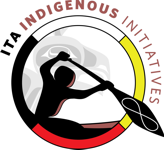
ITA BC Indigenous Initiatives - our first key supporter!

ITA BC - Lead with significant in-kind support and financial support for IYW

BC Ministry of AEST - Major funder for Skills Training and Mentoring through First Nations Partners

ESDC - Major Funder for IYW through Algonquin College

Gitwangak Band - Partner for Skills Training

Gitanyow Band - In-Kind support and partner

Witset First Nation - Partner for Skills Training
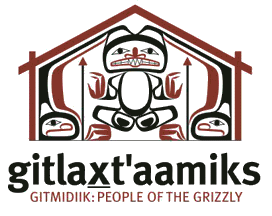
Gitlaxt'aamiks Village Government - Partner for skills training
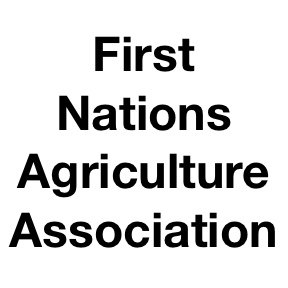
FNAA - In-Kind and Financial supporter of mentoring and wrap-around support of participants

Young Agrarians - Provided mentorship support and co-sponsored our land social

ITAC - Provided a grant to help build capacity to host guests

We couldn’t have done it without our crew!
